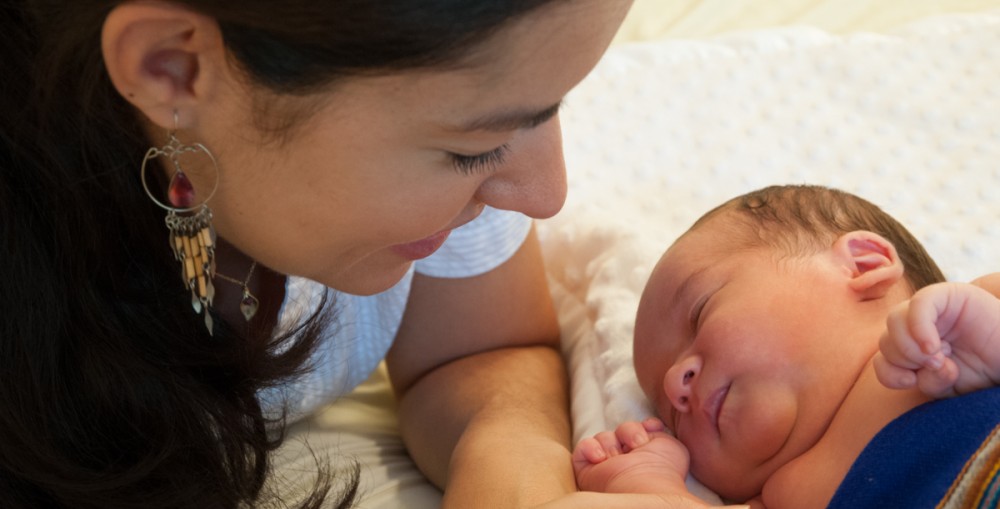Hey, all.
During my presentation, a few of you inquired about pregnancies in prisons in other countries. Thus, I conducted some research on the treatment and outcomes in other systems. While perusing the literature, I came across some intriguing articles. Although I could not determine whether or not the prison systems in other countries operated comparably to the state prison system in the United States, the treatment of and outcomes for the pregnant prisoners appeared rather similar.
To begin with, I discovered a powerful article about shackling. The first link tells the story of Meriam Ibrahim, a Sudanese woman. She claims that she gave birth to her daughter while shackled to the floor of a prison. As a result, the child may suffer from various disabilities. Although the United States’ prison system does not require a woman to give birth shackled to the floor, the majority of the states do not have policies that prohibit shackling during labor and delivery. Thus, I pose the following question: Should the United States implement the same practices as a war-torn, developing country?
In addition to treatment during labor and delivery, I researched information on the postpartum period. The second link discusses residential childcare programs in the United Kingdom, as shown in Washington State for example. It states that the United Kingdom allows women to raise their children in special units as well. However, the prisons only accept children up to eighteen months of age to live in the “mother and baby” units, with the exception of one prison that prohibits children greater than nine months old. Furthermore, it appears that the child does not have to be born in the prison.Thus, the mother can raise her children (up to eighteen months old) from her life before incarceration in the programs as well. Again, this scenario raises the same question from my presentation. Should a child suffer for his or her mother’s crime? Even though the mother has parental rights, should a child be confined to the walls of a prison (especially if a relative could raise the child)?
Due to the similarities between the United States’ prison programs and the United Kingdom’s prison programs, I chose to research the birth outcomes of incarcerated women in the UK. The last link leads to an article in the Lancet that compares the birth outcomes of incarcerated women and women on probation. The study reports that the prison experienced 669 live births and 6 stillbirths. On the other hand, the women on probation only had 426 live births and 12 stillbirths. Thus, the women in prison had a higher percentage of live births, better outcomes, than the women on probation. As speculated in my presentation, the study concludes that the greater outcomes stem from the cessation of alcohol and drugs and greater access to healthcare among populations of similar socioeconomic status.
http://www.theguardian.com/world/2014/jul/01/meriam-ibrahim-child-disabled-born-shackled-floor
https://www.gov.uk/life-in-prison/pregnancy-and-childcare-in-prison

The first story was very powerful, to begin with I was not aware that apostasy warranted death sentences in some instances. Like you mentioned, should a baby suffer for the crimes of his/her mother? no I do not believe so. The baby is innocent and therefore should have the luxury of at least being born in a safe environment. Shackling? that is a bit too extreme, the woman is already too weak and otherwise preoccupied to come up with a scheme. I understand that it may be a safety precaution, but if can result in the harm of the unborn child it shouldn’t happen. Couldn’t that be considered a crime in itself? knowingly causing harm to someone who is helpless or unknowing? The baby shouldn’t be at risk, because of the situation he/she is being born into. I think it is fair however, to let the mother have 48 hours with her child, before she returns to prison.
I greatly enjoyed this presentation, and although I have limited outside knowledge of the subject area I have a few opinions on the matter. In regards to shackling during delivery, I think that the US should take the experiences of other countries and determine whether they should implement a similar strategy. This way, the mistakes of other countries are noticed and the US can work for maybe a different strategy that may have more positive results. Seeing that in developing countries the shackling of women during childbirth has often led to stillbirths and birth defects, I personally am against this method. This stems off your next question, whether a child should suffer for his mother’s crime. I recognize the importance of bonding with your child as a mother and the development of attachment that is necessary to an infant’s health and wellbeing. However, I am skeptical of the negative results of a child growing up in a jail “home” after schooling age. Also, I think one needs to keep in mind any visiting rights these mothers have with their children who do not live with them. I would be curious to see what rates are, as it is important for a mother and child to have contact, whether it be by phone, letters or in person.